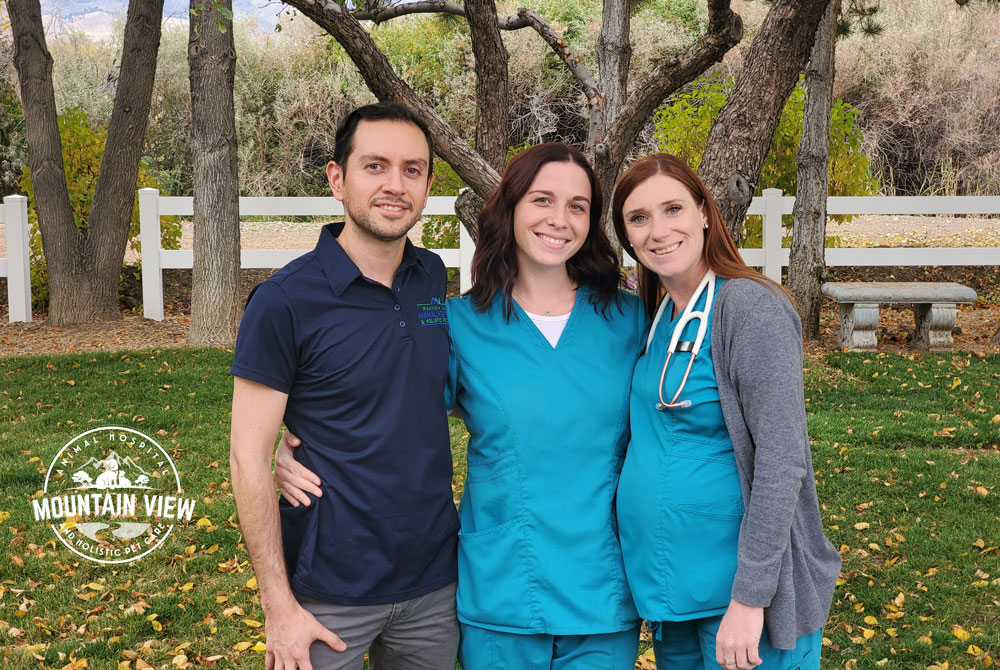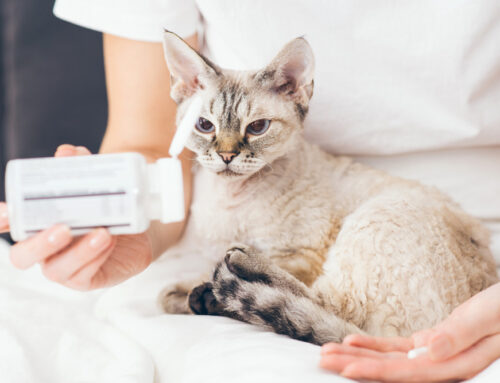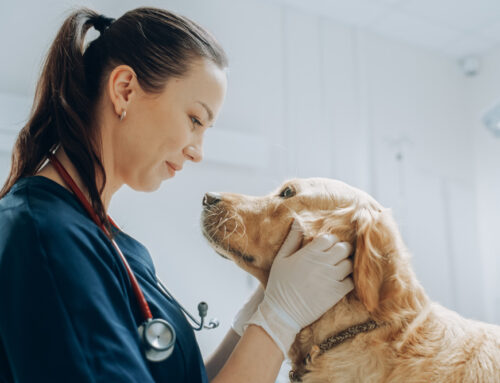If you think all a veterinary technician does is hold your pet still while your veterinarian takes care of the important things, what I’m going to share will surprise you. But the truth is veterinarians simply can’t live — or practice medicine — without our hardworking, well-trained, compassionate technicians.
And neither can you and your pet.
JOBS VETERINARIANS COUNT ON TECHS TO DO
If we had to sum up the veterinary technician’s job in a single word, we’d have a hard time doing it! Challenging? Check. Rewarding? Check. Exciting? Yes, that, too. But really there isn’t a single word that can fully describe their work, because technicians do so much in veterinary medicine. And many of the things they do are handled by physicians or other doctors in human medicine. Surprised? Check it out.
Triage: Whenever there’s an emergency, one of the most critical tasks is to decide who needs attention most urgently and who can wait. If you’re a fan of medical shows, you know the word for that task is “triage.” And it happens in veterinary medicine, too. Who handles it? In many cases, veterinary technicians! They quickly take all the vitals, assess the animal’s condition and communicate their critical evaluation to the veterinarian. In a specialty emergency practice where it’s not unusual for a handful of emergencies to be brought in one after the other, this task is vital.
Anesthesia: Every day, in every veterinary practice, pets go under anesthesia. And every day, pet owners worry about that. We veterinarians know anesthesia is “routine” in the sense of being “common,” but we never treat it like it’s not a serious thing — because it is. Veterinary technicians are a vital part of the team when pets are under anesthesia, with specially trained technicians monitoring sedation to allow veterinarians to make adjustments quickly if necessary.
Dentistry: Veterinary technicians are also an essential part of the team when your pet is in for dental care. Those pearly whites you see in the end — and the doggy breath you don’t smell — don’t begin to reveal the work and skill that go into a dental cleaning. Working alongside your veterinarian, technicians get your pet’s teeth cleaned and polished, including under the gums, and ready for you to maintain at home.
Surgery: In recent decades, the number of veterinary specialists and specialties has grown, and that trend continues within the ranks of veterinary technicians. One of these specialties is in surgery, where vet techs can now be certified after experience, training and testing. And while in human medicine a surgical nurse will likely work in surgery and nowhere else, in veterinary medicine, highly trained technicians will work in many different areas within the clinic on any given day.
Phlebotomy: Your doctor wants tests, so off you go. Sit in a chair, offer your arm. That person on the other side of the table? Not a vampire, but a phlebotomist. In veterinary medicine, we still just have one word for this specialty — well, actually two: veterinary technician. Yes, vet techs do the blood draws, and on patients who are often far less cooperative than in human medicine. They also work as radiology techs, getting the radiographs that are often key to accurate diagnosis.
These are just some of the many different tasks that our vet techs here at Mountain View Animal Hospital & Holistic Pet Care do on a daily basis, and that’s why for Veterinary Technician Week, we wanted to share more about these incredible health professionals, because the great work they do needs to be recognized, as much as they need to be thanked. The next time you go into your vet’s office, tell the techs you appreciate the great work they do. And say, “Thank you!”












Leave A Comment